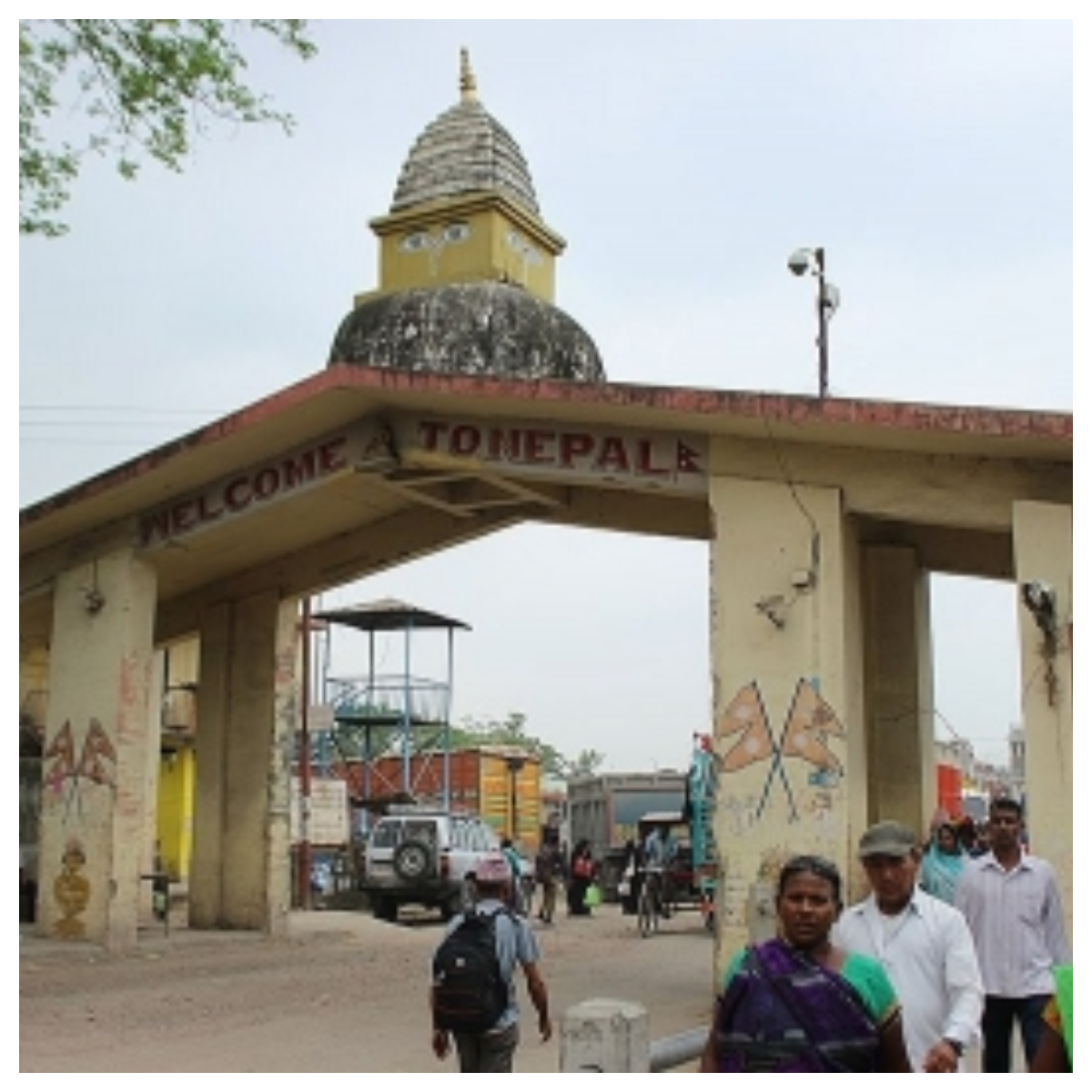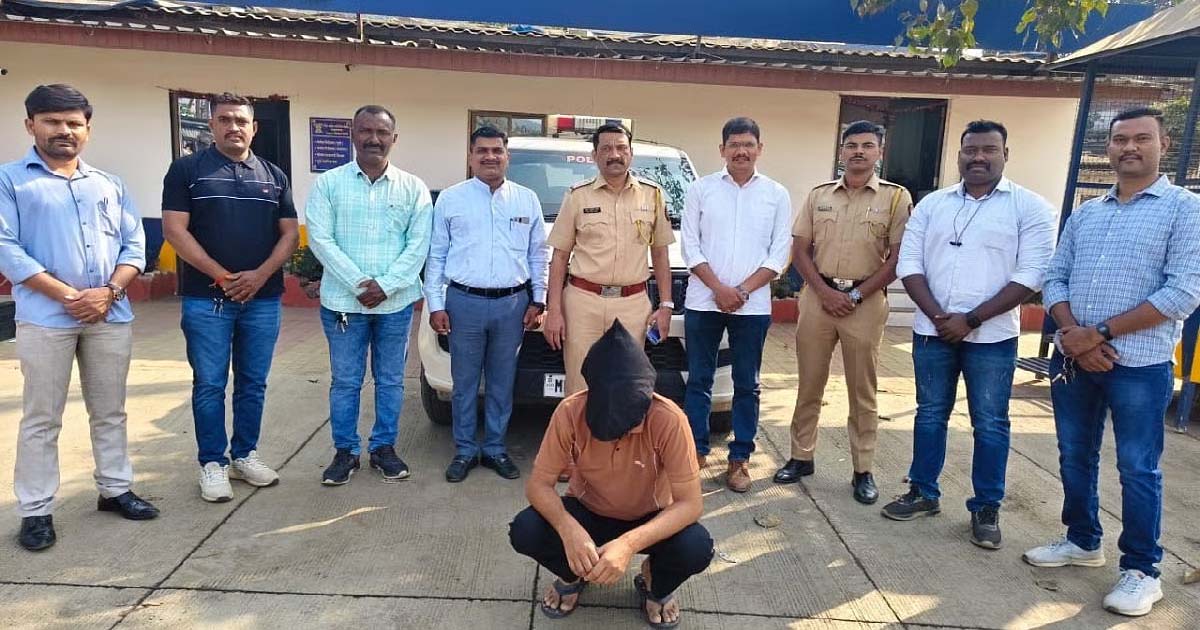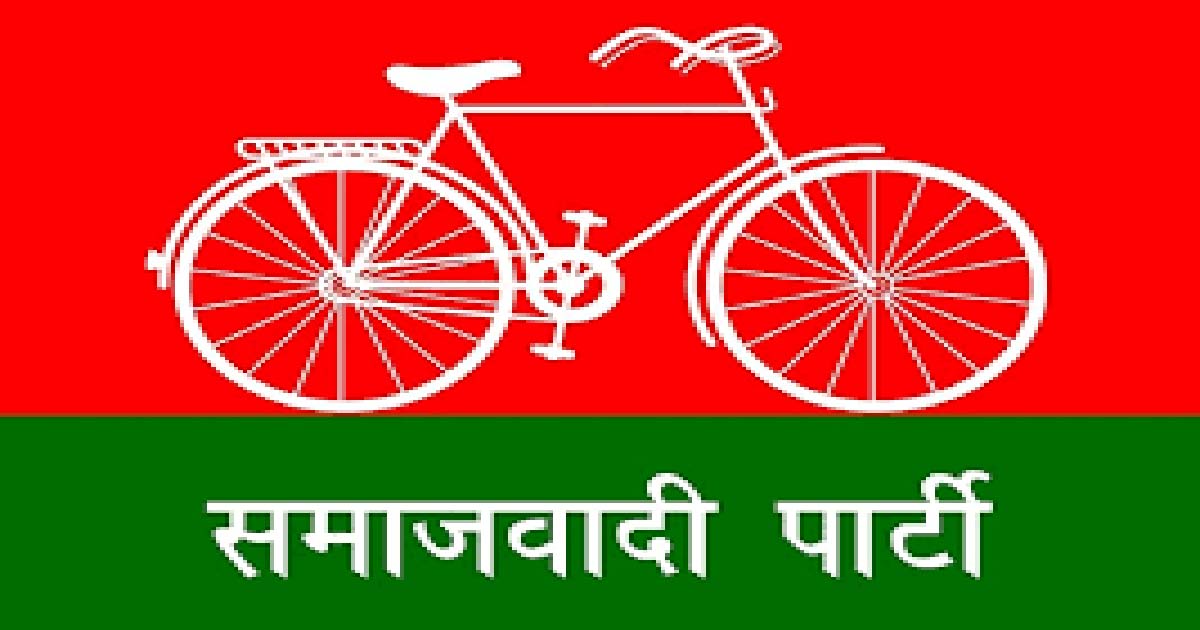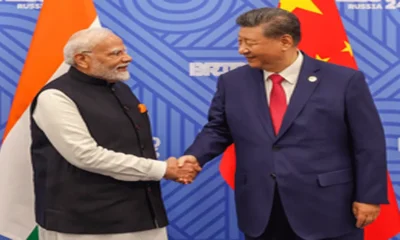Politics
Nepal shuts borders with India, China ahead of polls

Nepal has shut its international borders with India and China for a period of 72 hours ahead of the local polls slated for Friday, according to the Home Ministry.
The government decided to shut the borders to prevent any untoward incidents during the polls which will be held in 753 local units, said the Ministry.
Ministry spokesman Phanindra Mani Pokharel said that a directive has been issued to the respective administration offices of the districts bordering India and China to implement the recommendations.
The adjoining districts have been asked to halt all movements, except for emergency services, during the 72-hour period.
Political parties are gearing up for Friday’s elections which come after a gap of five years.
The ruling alliance, main opposition, CPN-UML, Madhes-based political parties are among contesting the polls.
Nepal shares a 1,880-km border with India and a 1,414-km with China.
Out of 77 districts, as many as 42 either share a border with India, China or both.
Crime
Palghar Crime: Pelhar Police Seize Banned Gutkha Worth ₹6.39 Lakh, Shopkeeper Arrested In Nalasopara

Palghar, Maharashtra, Dec 27: In a significant crackdown on the sale of banned tobacco products, the Pelhar Police arrested a shopkeeper for illegally stocking and selling gutkha, seizing contraband worth ₹6.39 lakh.
According to police, the action was carried out on December 25, 2025, during a routine patrol by Assistant Police Inspector Ramesh Waghchaure along with his team.
Acting on specific and reliable information, the police raided Sana General Stores located at Khan Chowk, Nalasopara Station Road, Nalasopara East, Vasai.
During the raid, the shop owner was found in possession of Maharashtra government-banned tobacco products (gutkha), allegedly kept for sale. The accused has been identified as Javed Ahmed Zaheer Ahmed Ansari (38), a resident of Nalasopara East.
Upon searching the shop premises, police recovered banned gutkha products valued at ₹6,39,493. Following the seizure, Pelhar Police registered a case against the accused, invoking Section 123 of the Bharatiya Nyaya Sanhita along with relevant provisions of the Food Safety and Standards Act, 2006 (Sections 26(2)(i), 26(3), and 26(4)).
Further investigation in the case is being carried out by Waghchaure. Police officials stated that such drives against banned substances will continue to protect public health and ensure strict enforcement of the law.
Maharashtra
Mumbai BMC Elections Samajwadi Party’s first list released but no decision on ward number 211

Mumbai: In the Mumbai municipal elections, Mahayoti and Maha Vikas Aghadi have not yet reached an electoral agreement, while the Congress Party, Samajwadi Party and AIMIM have released their first list of candidates for the municipal corporation. The Samajwadi Party has released the first list of 21 candidates, in which Zeb-un-Nisa Malik has been appointed as the candidate from 213, along with Shahzad Abrahani from 212. There is a tug of war going on in the Samajwadi Party over ward number 211, so the party has not announced its candidate for this ward. SP leader Raees Sheikh has also introduced his brother Salim Sheikh as a candidate for this ward. The Samajwadi Party has not yet taken any decision regarding the ticket in this ward, while the candidature of Raees Sheikh’s brother is also being opposed. Local women have opened a front against Raees Sheikh and have also submitted a claim for the SP candidacy. In such a situation, who will be given a candidate from 211 in the Samajwadi Party is still pending. Samajwadi Party had announced to separate from Maha Vikas Aghadi and contest the elections alone, while Uddhav and Raj Thackeray have also reached an electoral understanding. Along with this, Ajit Pawar and Sharad Pawar’s NCP is also in talks regarding an electoral understanding. If there is an electoral understanding between Ajit Pawar and Sharad Pawar, then the Congress party is ready to contest the elections alone, this has been claimed by Congress leader Jaya Witward. In the Mumbai BMC elections, every political party is trying to outdo each other, while the two brothers have formed an alliance on the issue of Marathi Manas and banners of Marathi Manas being united are also being displayed in Mumbai city.
National News
BMC Elections 2026 | ‘Fight Election, Win Majority’: Sanjay Raut’s Sharp Response To Waris Pathan’s, ‘Why Can’t Khan, Pathan, Shaikh, Qureshi, Syed Become Mumbai Mayor?’ Remark

Mumbai: Shiv Sena UBT MP Sanjay Raut on Saturday, December 27, has strongly replied to to remarks made by AIMIM’s national spokesperson Waris Pathan, over who can become the mayor of Mumbai. Pathan had questioned, “Why can’t a Khan, Pathan, Sheikh, Qureshi, Syed become the Mumbai mayor?”
Responding to Pathan’s remarks, Raut said that elections should be fought democratically and decided by numbers. “Fight the election, win a majority and bring in 110 seats,” the Sena UBT MP said. He further added, “We have always maintained that Mumbai’s mayor should be a Marathi-speaking person”, adding that if Waris considers himself a Mumbaikar, he should demonstrate public support through the electoral process.
While speaking to news agency Media, Waris Pathan spoke on the upcoming Municipal Corporation Elections, where he questioned, saying, “Why can’t a Khan, Pathan, Sheikh, Qureshi, Syed become the mayor?”
He claimed that one day a Hijab-wearing woman will also become a mayor. He added, “Muslims have been leaders in the nation already… They (Maharashtra government) have no response to the lack of development and farmers’ suicide… They simply want to spread polarisation…”
NCP leader Zeeshan Siddique said that anyone can be sent to the position of Mayor, while their caste or religion should not matter. He expressed belief that the city needs a person who believes in getting things done.
Further adding, he said, “The mayoral chair should go to someone who has faith in work… If you look around Mumbai, the condition of the city’s roads and infrastructure is poor. Even though BMC receives funds worth thousands of crores, the work does not get done.”
The elections for 227 seats of BMC will be held on January 15, while the counting of votes will be held on January 16. The last polls for the 227 seats were held in February 2017. The BMC elections become crucial as the Mahayuti secured a landslide majority in the 288 municipal councils and nagar panchayats, winning 207 president posts in the local bodies. The Opposition Maha Vikas Aghadi could come up with a collective tally of 44.
In the BMC polls, the total number of registered voters stands at 1,03,44,315 across all wards, of which 55,16,707 are male voters, 48,26,509 are female voters, while 1,077 voters are listed under the ‘other’ category.
-

 Crime3 years ago
Crime3 years agoClass 10 student jumps to death in Jaipur
-

 Maharashtra1 year ago
Maharashtra1 year agoMumbai Local Train Update: Central Railway’s New Timetable Comes Into Effect; Check Full List Of Revised Timings & Stations
-

 Maharashtra1 year ago
Maharashtra1 year agoMumbai To Go Toll-Free Tonight! Maharashtra Govt Announces Complete Toll Waiver For Light Motor Vehicles At All 5 Entry Points Of City
-

 Maharashtra1 year ago
Maharashtra1 year agoFalse photo of Imtiaz Jaleel’s rally, exposing the fooling conspiracy
-

 National News1 year ago
National News1 year agoMinistry of Railways rolls out Special Drive 4.0 with focus on digitisation, cleanliness, inclusiveness and grievance redressal
-

 Maharashtra1 year ago
Maharashtra1 year agoMaharashtra Elections 2024: Mumbai Metro & BEST Services Extended Till Midnight On Voting Day
-

 National News1 year ago
National News1 year agoJ&K: 4 Jawans Killed, 28 Injured After Bus Carrying BSF Personnel For Poll Duty Falls Into Gorge In Budgam; Terrifying Visuals Surface
-

 Crime1 year ago
Crime1 year agoBaba Siddique Murder: Mumbai Police Unable To Get Lawrence Bishnoi Custody Due To Home Ministry Order, Says Report




















